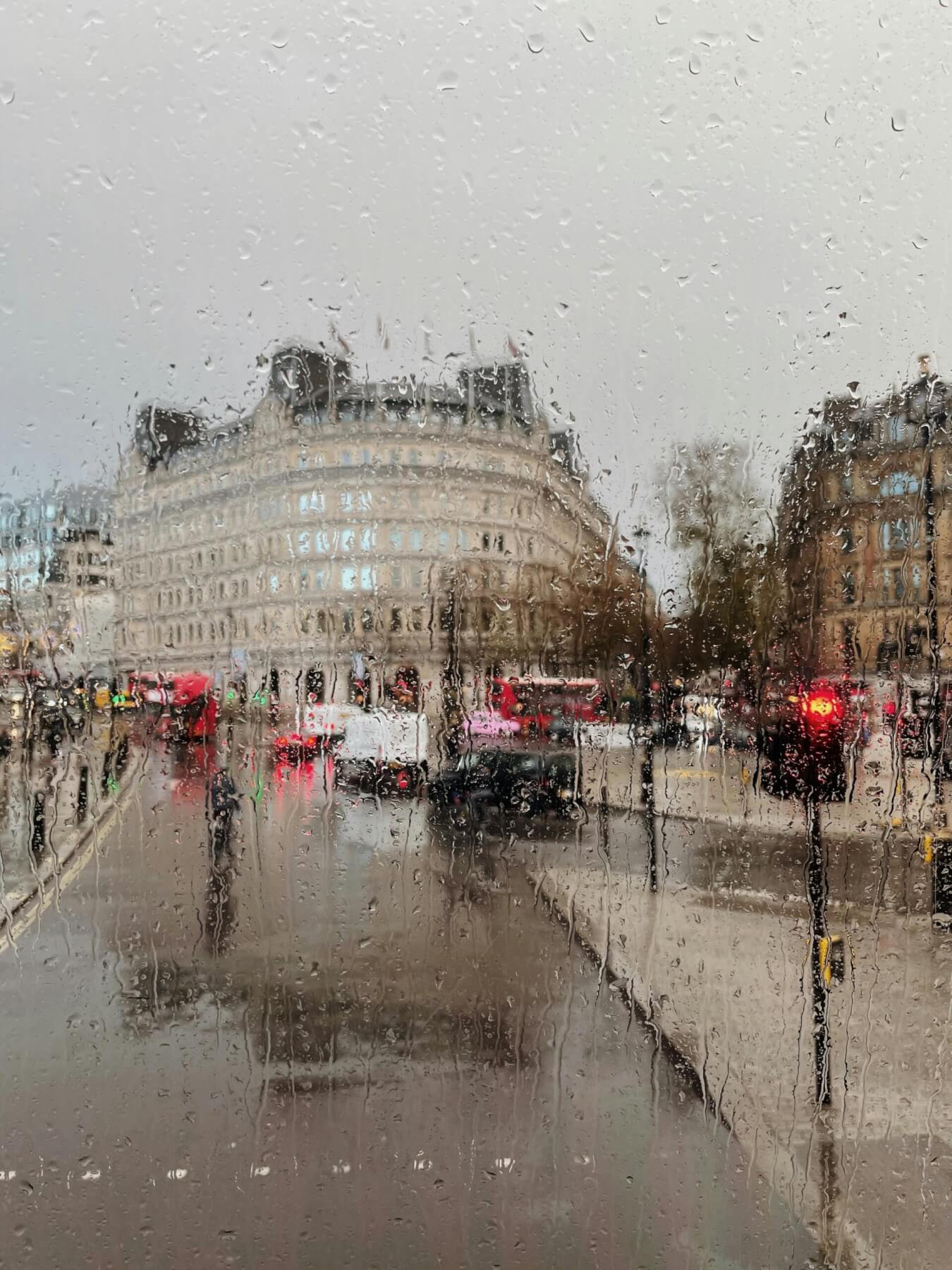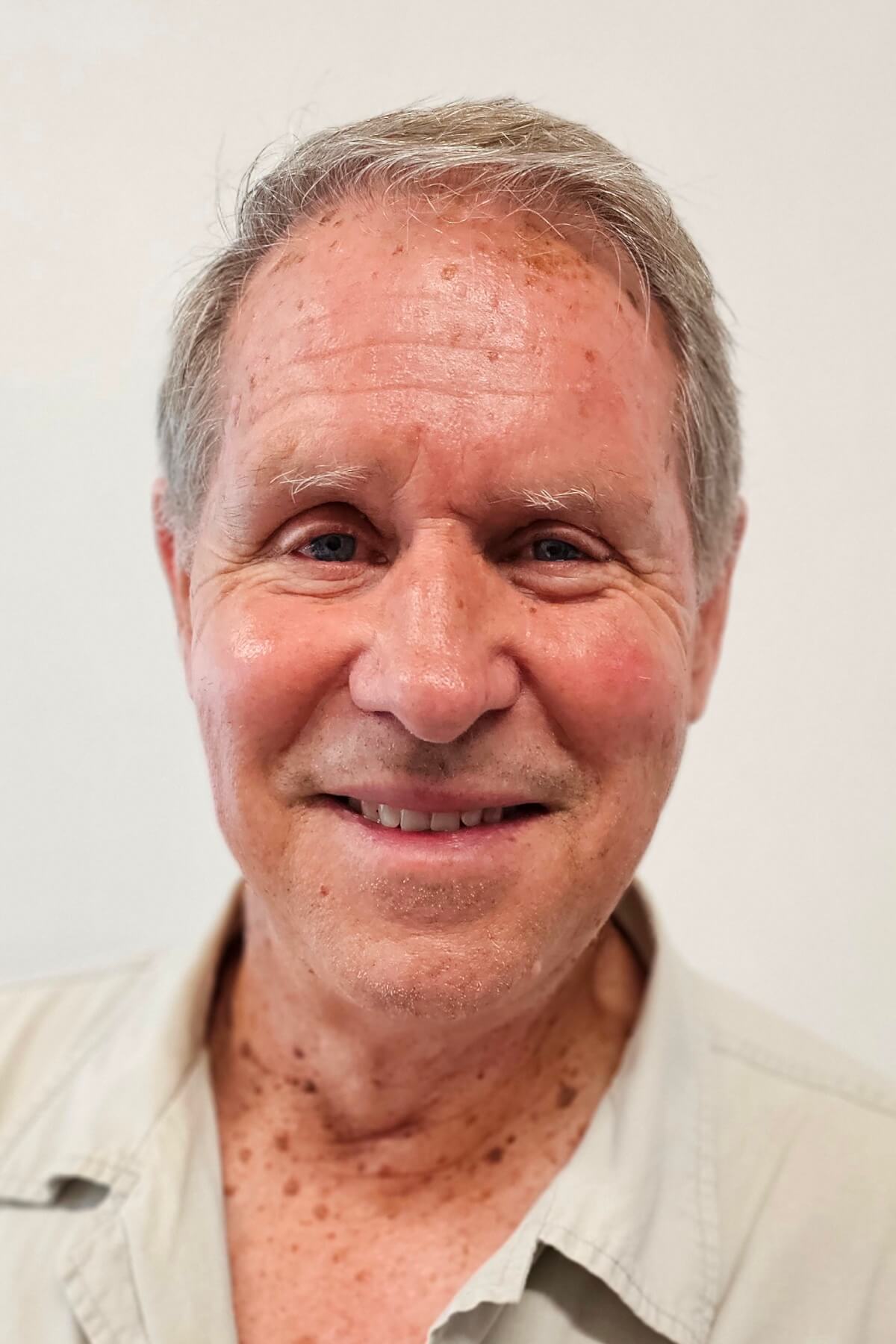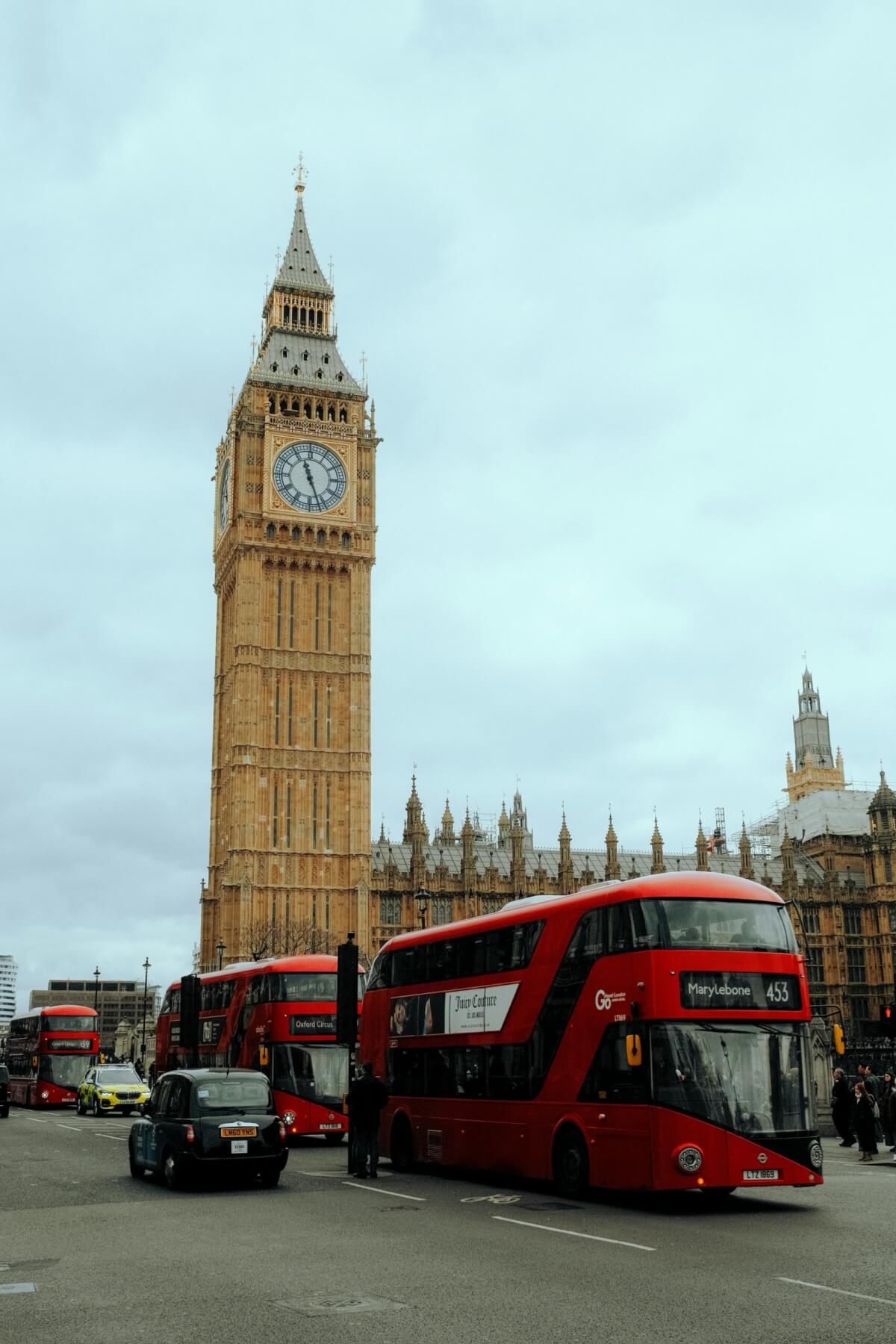
Buses at Westminster. Photo: Mathias Reding, pexels.com
Back in January 2009, you may recall that the ‘Atheist Bus Campaign’ was launched in England. Money was raised for the purpose of placing posters initially onto 30 buses carrying the slogan, “There’s probably no God. Now stop worrying and enjoy your life”.
Funding was originally intended just for buses in London, but there was enough for those ads to expand throughout the UK and skipping across to European cities.
It’s about 15 years since this stunt, served up by ‘activist’ atheists attracted lots of attention as their customary associated noisy bluster once again raised its head. However the proclamation, ‘God is Dead’ and announcement of a ‘post-Christian’ era being established in that season, have since met with significant push-back. History reveals how often, when the tide has seemingly receded to an all-out low ebb for faith, this not only stimulates, but it can actually herald the emergence of a new surge of spiritual awareness.
That’s exactly what is being observed right now as a ‘quiet spiritual awakening’ has been taking place among British youth with young people, especially young men, flocking back to church.
Telling people ‘There is probably no God, now ‘stop worrying,’ was hardly pitched to bring great comfort to those who were concerned about losing jobs or homes in a time of recession. Nor could it re-assure or satisfy a culture that desperately wanted ‘to enjoy life’ but found that in ‘removing’ God, a vacuum was created that nothing else could satisfy. For a people longing for hope and searching for answers about their existence just to be told, ‘only science and reason can save humanity’, brought no cure to inner loneliness, disconnection and purposelessness.
Initiatives like the ‘atheist bus campaign’ can become a great advertisement for Christianity. An examination of societies that have actively engaged in debunking or persecuting those who profess and adhere to having an authentic relationship with God verifies one thing. Repeatedly it’s proven to awaken greater thirst for experiencing the very truth or reality that was being maligned.
On the basis of nationally representative data from the Bible Society and YouGov, it is being reported by observation that monthly church attendance has surged by more than 50 per cent in just six years. A remarkable feature is the dramatic growth among adults aged 18-24. Whereas only 4 per cent of young people in this age grouping went to church in 2018, that figure has quadrupled to 16 per cent with one in five now reporting regular church attendance.
These new, young believers are far from passive as their faith is transforming communities. This is a faith that translates to practical care and serving to make a positive difference. Those outside the church are becoming more than just curious, they are open to exploring the Bible, with 34 per cent saying they would be willing to attend church if invited by a friend.
The tide is turning in the UK and as momentum grows, so does awareness. While not as perceptible, in New Zealand there’s a similar quiet renewal stirring.











